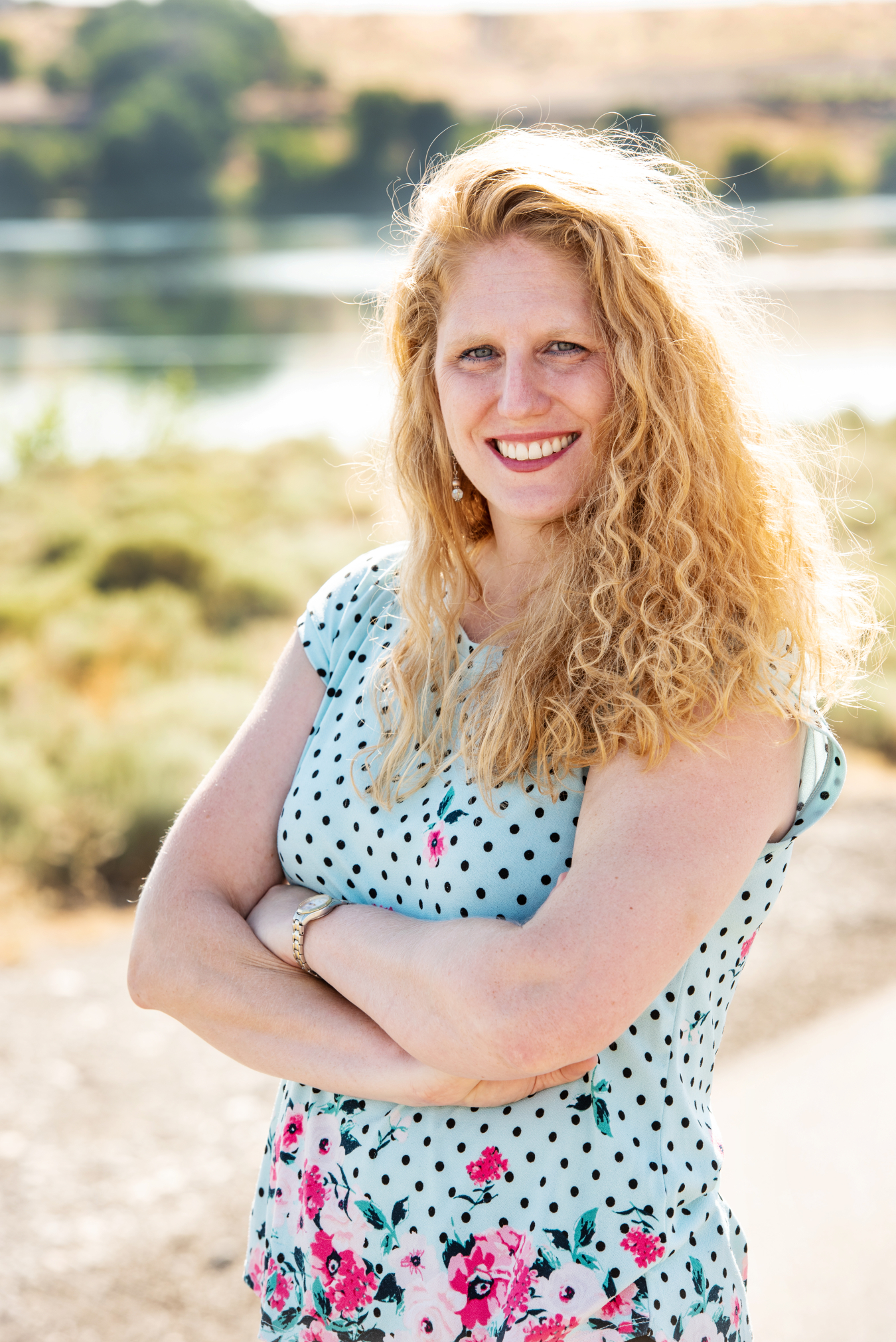Learn why Dr. Alicia Gorton loves her job as a project manager at Pacific Northwest National Laboratory.
July 23, 2019
Dr. Alicia Gorton is a project manager at Pacific Northwest National Laboratory where she provides management and technical insight for marine renewable energy and offshore wind energy projects. Before joining the laboratory in 2014, Alicia worked as a contractor for the Department of Energy, collaborating on the Natural Resource Damage Assessment of the Department of Energy’s Hanford Site. Alicia received her Bachelor of Engineering in Environmental Engineering, Master's of Engineering, and Ph.D. in Ocean Engineering at Stevens Institute of Technology in Hoboken, New Jersey.
What inspired you to work in STEM?
I have been fascinated with all aspects of the environment since I was a child. Growing up four blocks away from the beach along the New Jersey shore sparked my interest in wanting to learn more about our oceans and the role they play in our global climate. In school, I was always gifted in mathematics and science, so it was a “no brainer” for me to merge the two into a career in engineering!
What excites you about your work at the Energy Department?
We live in a world faced with a changing climate, so it is inspiring and encouraging to work with passionate and talented scientists and engineers within the Department of Energy and the national laboratories who are passionate about and committed to developing new, clean forms of renewable energy in an environmentally responsible manner.
How can our country engage more women, girls, and other underrepresented groups in STEM?
I believe we can encourage more women, girls, and other underrepresented groups to enter STEM fields by doing two specific things: (1) continue facilitating STEM awareness at all levels of education and (2) building courage and confidence in those interested in STEM. When I was young, I knew I liked math and science, but I didn’t know what I could do with them when I was older. I don’t think I ever heard the word “engineer” until I was a sophomore in high school, after my pre-calculus teacher said to me, “Hey! You should think about studying engineering in college.” When I was in elementary school and high school, there were not many programs (if any) that advocated for STEM education and provided insight into how I could pursue a career in STEM. More of these programs (thankfully) exist today. I’m encouraged when I see them publicized well and made available to everyone. Once women, girls and other underrepresented groups are more aware of STEM career options, we need to support them to build their courage and confidence. STEM domains are typically technical in nature and can be complex; having the courage to tackle these domains head-on is essential to building the technical knowledge and understanding needed for a career in STEM. In addition to building courage, we need to build confidence in those interested in STEM to speak up, ask questions (lots of them!), take on leadership roles, lean in, and claim a seat at the table.
Do you have tips you'd recommend for someone looking to enter your field of work?
First and foremost, pursue your passion. I was able to translate my love of the ocean into a fabulous, fulfilling career in coastal engineering, marine renewable energy, and offshore wind energy. If you’re able to align your career with your what you love, that’s a slam dunk! I also suggest developing an understanding of who the key players are in your industry of interest. In college and graduate school, I did not have an awareness of the role of the Department of Energy and the national laboratories in marine renewable energy and offshore wind energy development. Once I did some research and learned about the amazing research and development the national laboratories are engaged in, I knew I wanted to be part of an organization like Pacific Northwest National Laboratory that is tackling some of the world’s greatest science and technology challenges.
When you have free time, what are your hobbies?
In addition to my love of the ocean, I also have a love of music. I’m currently a member of the Mid-Columbia Mastersingers chamber ensemble and the cantor at my local parish. Other hobbies include camping, hiking, and DIY. I also love spending time with my family − my husband (and fellow engineer!), two children, and two dogs.

